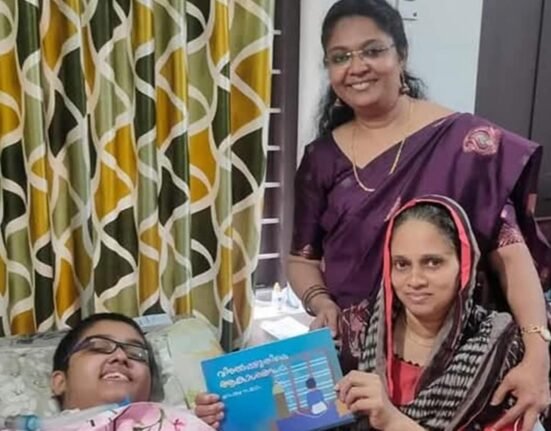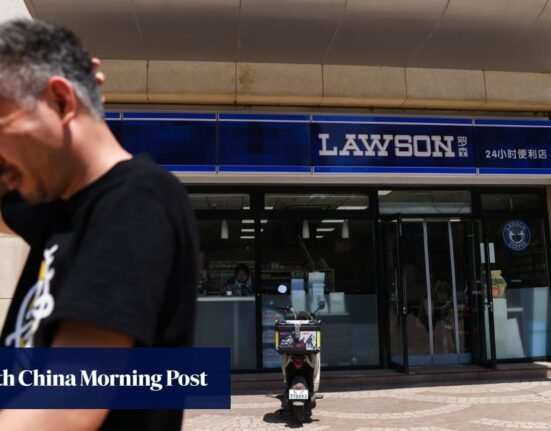Bajaj Auto Ltd v. TVS Motor Co Ltd, 2008
Bajaj Auto filed an infringement suit against TVS, alleging that the latter violated its patented DTS-i technology. TVS counterclaimed for patent invalidation, asserting lack of novelty and prior art.
The Madras High Court upheld the right to challenge patents, reinforcing the principle that public interest in eliminating invalid patents outweighs contractual constraints. This case underscores the legislative intent of Section 64, which permits “any person interested” to challenge a patent’s validity, including licensees. The decision aligns with global trends rejecting the doctrine of licensee estoppel when public interest is at stake.
Enercon (India) Ltd v. Enercon GmbH, 2014
Enercon GmbH, a German firm, claimed infringement against its Indian subsidiary, Enercon (India). The subsidiary countered by challenging the validity of the parent company’s patents. The issue was whether a subsidiary (licensee) can challenge the validity of its parent company’s patents? The Supreme Court of India allowed the challenge, emphasizing that Section 64 of the Patents Act does not bar licensees from questioning patent validity.
The ruling emphasised the non-existence of licensee estoppel in Indian law. By allowing the subsidiary to challenge the patents, the Court highlighted the importance of preventing the misuse of patent rights, particularly in cases involving potential abuse of monopoly power.
Telefonaktiebolaget LM Ericsson v. Xiaomi Technology, 2016
Ericsson accused Xiaomi of infringing its Standard Essential Patents (SEPs). Xiaomi, despite being in discussions for licensing, sought to invalidate Ericsson’s patents, citing anti-competitive practices.
The Delhi High Court permitted Xiaomi to challenge Ericsson’s patents, stressing that even potential licensees are entitled to question validity. The decision underscores that even potential licensees are entitled to question the validity of patents. This ruling reflects the judiciary’s recognition of the anti-competitive risks posed by SEPs and the need to balance the rights of patent holders with fair competition principles. It also demonstrates the Court’s willingness to ensure that SEP holders do not misuse their dominant position to stifle competition.
Nokia Technologies Oy v. Guangdong Oppo Mobile Telecommunications Corp Ltd, 2023
Nokia held a portfolio of SEPs related to 2G, 3G, 4G and 5G technologies. Oppo had a licensing agreement with Nokia from 2018 to 2021, during which Oppo paid royalties. The license expired in June 2021. After the expiration, Oppo continued selling devices using Nokia’s SEP technology without securing a new license or making royalty payments. Nokia sued Oppo for patent infringement in India and sought interim relief, including security deposits based on estimated royalties.
The Court acknowledged that while Section 140(1)(iii)(d) of the Patents Act, 1970 allows licensees to challenge patent validity, Oppo’s conduct as an ex-licensee and its previous acknowledgment of the license suggested that its challenges might lack bona fides. Oppo’s willingness to negotiate a new licensing agreement and its actions, such as filing a suit in China to determine Fair, Reasonable, and Non-Discriminatory (FRAND) rates, were treated as implied admissions of the patents’ validity and essentiality.
The Delhi High Court adopted a nuanced approach, acknowledging the statutory right of licensees to challenge patents while scrutinising the bona fides of Oppo’s actions. By considering Oppo’s prior acknowledgment of the patents and its conduct, the Court balanced the need to protect patent holders from bad-faith challenges with the broader public interest in patent scrutiny. This case reinforces judicial fairness and reflects the importance of contextualising licensee challenges within the broader framework of competition and public interest.







